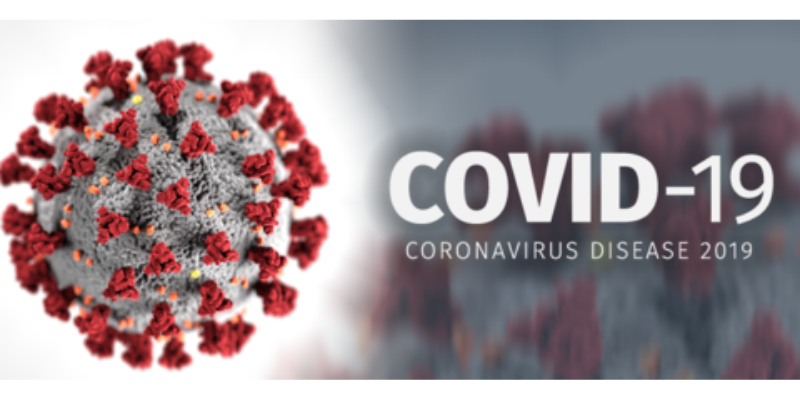Covid-19 in Nigeria: All You Need To Know
On Friday, the 29th of February, Nigeria recorded her first case of the corona virus amidst a lot of panic and worry. “The case is an Italian citizen who works in Nigeria and returned from Milan, Italy to Lagos, Nigeria on the 25th of February 2020. He was confirmed by the Virology Laboratory of the Lagos University Teaching Hospital, part of the Laboratory Network of the Nigeria Centre for Disease Control. The patient is clinically stable, with no serious symptoms, and is being managed at the Infectious Disease Hospital in Yaba, Lagos.” - NCDC
This article is a summary of things to know about corona virus.
Origin
The corona virus (Covid-19) is a member of a large family of viruses that are common in people and many different species of animals, including camels, cattle, cats, and bats. On rare occasions, animal coronaviruses can infect people and then spread between people such as with this virus which has its origin in bats.
Symptoms
The symptoms include coughs, fever, breathing difficulties and in severe cases, organ failure. The virus can cause pneumonia. Antibiotics are of no use because it is a viral infection and so far, existing antiviral drugs do not work against it.
Who is at risk?
The people most at risk are the elderly, the unwell and, maybe, men.
In the first big analysis of more than 44,000 cases from china, the death rate was ten times higher in the very elderly compared to the middle-aged while under 30s had the lowest death rate. Deaths were at least five times more common among people with diabetes, high blood pressure or heart or breathing problems. There was even a slightly higher number of deaths among men compared to women.
When a person gets infected, recovery depends on the strength of the immune system. Many people who have died were already in poor health.
Death Rate
Researchers speculate the virus has a death rate of 2 percent. For perspective, Malaria has a 20% death rate and Ebola has 90%. Some reports however point that 2% might be misleading because there isn’t enough data to make a conclusive statement. The key issues are how transmissible this new coronavirus is between people, and what proportion become severely ill and end up in hospital.
Safety measures
The Hon. Minster of health, Dr Osagie Ehanire, in his public address on the virus assures that the ministry and all affiliated bodies have started working to identify all the contacts of the patient, since he entered Nigeria and that everyone should play their part in protecting their themelves and their families by maintaining hand and respiratory hygiene.
The Nigeria Center for Disease Control lists the following safety steps.
1. Regularly and thoroughly wash your hands with soap and water, and use alcohol-based hand sanitiser.
2. Maintain at least 1 & half metres (5 feet) distance between yourself and anyone who is coughing or sneezing.
3. Persons with persistent cough or sneezing should stay home or keep a social distance, but not mix in crowd.
4. Make sure you and people around you, follow good respiratory hygiene, meaning cover your mouth and nose with a tissue or into your sleeve at the bent elbow or tissue when you cough or sneeze. Then dispose of the used tissue immediately.
5. Stay home if you feel unwell with symptoms like fever, cough and difficulty in breathing. Please call NCDC toll free number which is available day and night, for guidance- 0800-970000-10. Do not engage in self-medication
6. Stay informed on the latest developments about covid-19 through official channels on tv and radio, including the Lagos state ministry of health, NCDC and federal ministry of health.
Should you panic?
No. Although the WHO has described the outbreak as a “public health emergency of international concern”, calm and safe health practices are still the most effective tools against the virus.
Double check all media information and avoid spreading fake news as this can make it more difficult for health agencies to manage the virus.
https://www.theguardian.com
https://www.bbc.com
https://ncdc.gov.ng





